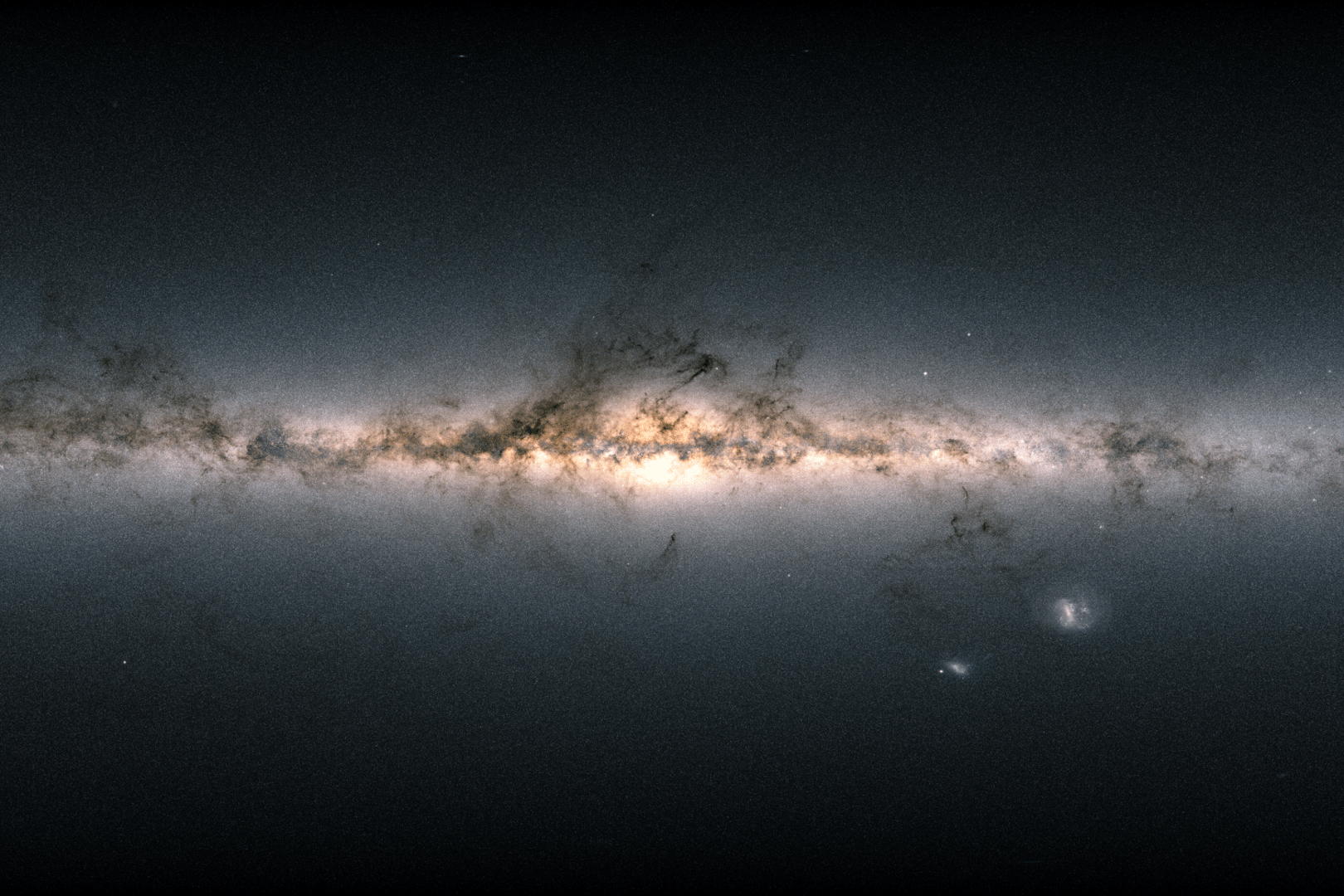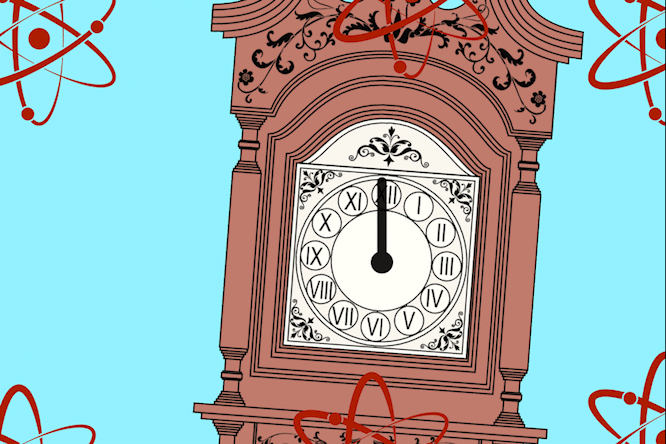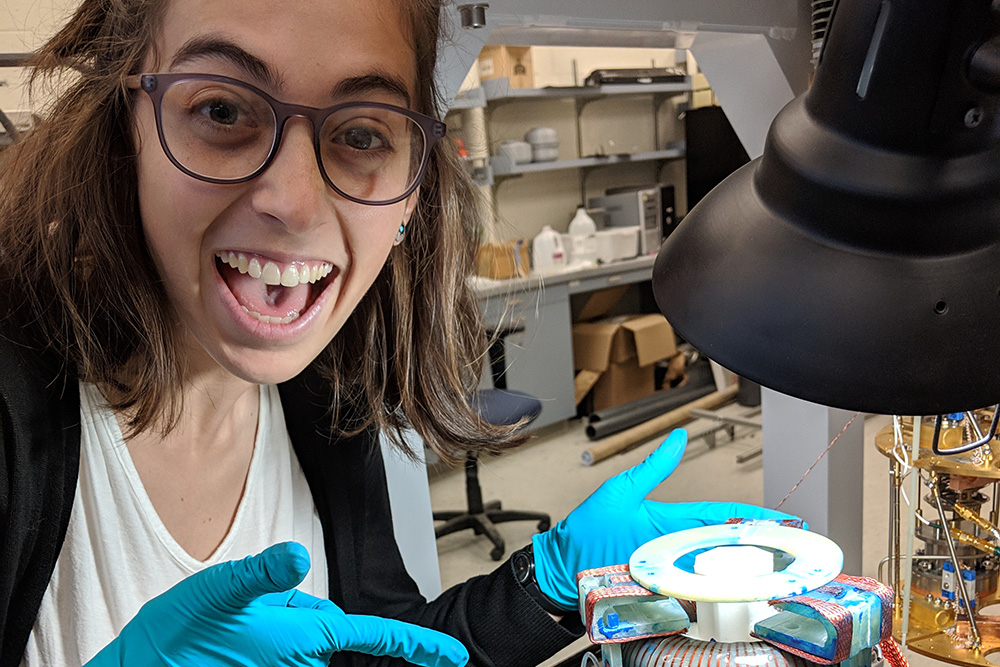Mark Vogelsberger wins 2020 Buchalter Cosmology Prize for simulating a “fuzzy” universe
Associate professor of physics shares the honor with colleague Phillip Mocz for their novel dark matter research.
Kelso Harper | MIT Kavli Institute for Astrophysics and Space Research •
mit
Jan. 14, 2021 • ~3 min
Jan. 14, 2021 • ~3 min
Modeling the universe | MIT News
MIT's Mark Vogelsberger and an international astrophysics team have created a new model pointing to black holes’ role in galaxy formation.
Julia Keller | School of Science
• mit
Jan. 31, 2018 • ~7 min
Jan. 31, 2018 • ~7 min
Tracy Slatyer wins Future of Science Award | MIT News
Julia C. Keller | School of Science
• mit
May 18, 2017 • ~2 min
May 18, 2017 • ~2 min
/
1






